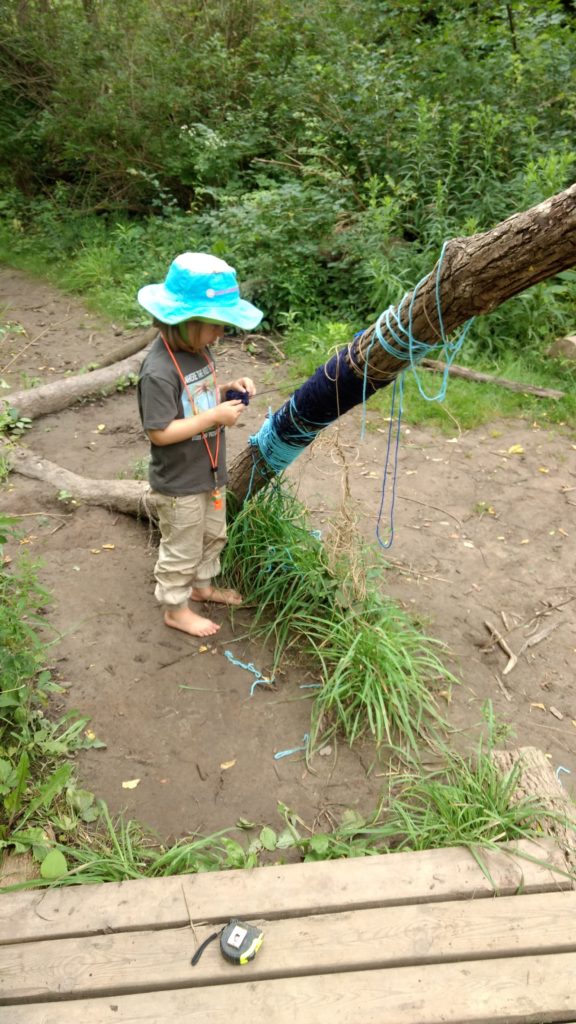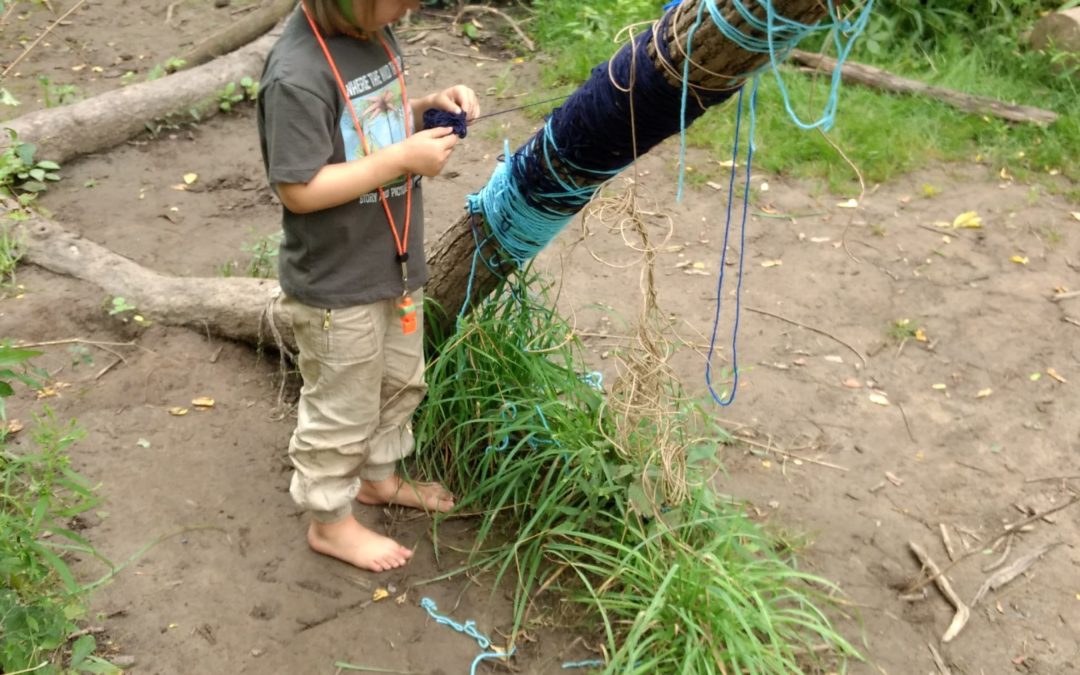Growing up, I had a lot of questions. I can distinctly remember asking about the concept of god, as a middle schooler, and wondering who created god, if god created all things. I was told that, that is why god is god. He just is. That didn’t sit well with me. I could not conceptualize or rationalize how something existed without causation. I got in a lot of trouble at school. Not typical or obvious trouble, but discreet trouble. Veiled trouble. I asked too many questions about too many things and was, simply put -exhausting.
The annoyance was palpable at home. I wanted to understand. My insatiable need to get to the root of things, escalated in my teenage years. I went to a catholic all girl high school (refer to the first paragraph for how well that went) and lived in a very strict household. I challenged the school uniform and the limitations it placed on my creative expression. I questioned how piercings and tattoos could adequately convey the content of my character or my competency. The message I kept receiving, from every adult in my life was to just shut my mouth and follow the rules because everyone knew more than me and my thoughts, my questions just did not matter. They took up valuable time. I remember giving up on school. Turning to apathy out of sheer frustration and turning that frustration inwards because according to the messages I was receiving, I was the problem. Then I entered university and for the first time in my life, I felt vindicated. I majored in philosophy, where my academic purpose was to question. I began receiving positive feedback for being passionately curious, and meeting others who were just as inquisitive. I flourished.
My four year (and three quarters, she corrects me) old reminds me of me, but amplified. Since she was old enough to talk (which was pretty much as soon as she took her first breath), she has been naturally curious. From the moment her eyes are open to the moment they close for the night, she is talking and questioning and excited about how fascinating everything is. Where is China? How come pumping my legs on the swing makes it move? How do you know purple is purple? Where do I go when I dream? How is the baby going to come out of you? Why is Pluto not a planet anymore? And so on. And we celebrate these incredible moments of pure wonder. We encourage them.
However, things quickly get complicated when the questions being asked are not quite as “cute” or comfortable. I will never forget the day my husband asked my daughter something and she said “no”. She flat out refused. She was two. My husband was taken aback and warned her very sternly, “you don’t say no to daddy”. I watched this interaction unfold, unsure of how to respond. My daughter looked straight at her father and asked, “why can’t I say no to you? You say no to me”. I could not contain the gigantic grin that plastered my face, as I turned away to keep from giving her a thumbs up. My husband caught my eye and gave me a look as if to say “are you happy, look what we’ve created”. And I was happy. I am happy. What my daughter was asking was a very valid question. Why was she not allowed to say no, if everyone around her was allowed to? What made us different? Why did some rules not apply to us?
Later that night my husband and I talked about what had occurred. He went on to say, “it’s a matter of respect. If I say something, I am her father, she doesn’t get to just say no”- I was immediately brought back to my former self, asking my father “why” for the billionth time and him responding firmly with “because I said so” for the billionth time, and the helplessness I felt for the billionth time. Like a rolodex, my memories spun to that famous scene in Matilda, where Danny Devito stares down at Matilda and spouts, “I’m big, you’re small. I’m right, you’re wrong. I’m smart, you’re dumb. And there’s nothing you can do about it”.
I went on to challenge my husband, on behalf of not only my daughter, but my younger self. I asked what that meant, “respect”, and why he believed he was entitled to it, by his biological position. I shared my experiences as a child, wanting to understand and being striped of my inherent right as a person, to question the world around me. Do our children not deserve our respect as much as we expect them to respect us? We use our words to lecture them on how respect is a two way street, and then we immediately contradict ourselves by dismissing their concerns.
It was a night of revelations for us as a couple and as parents. What resulted from this was a shift in perspective. We dedicate time to explaining things to our daughter. When we ask her to consider how she is playing on the stairs and she says no, or asks us why, we explain our reasons behind asking. They may not always make sense to her, and when they don’t, she asks more questions. We try to give as much information as as we can.
If we don’t know something, we say that, and we offer to think about it a bit more. This way of interacting with our daughter as a person, rather than “our child”, has not only helped us reassess why we say and do things, but has provided her with a safe space to openly discuss things that are meaningful to her. Can it be exhausting? Absolutely. Especially at the end of a long day, between meltdowns, or at the door putting on our boots to leave, or at the store with an audience watching and listening. I have been told numerous times that I am allowing her to walk all over me, that she is playing her father and me like fiddles, that she needs more discipline.
To those criticisms, I offer one frustrating question, that I have learned to celebrate and cherish; why? I want my daughter to question everything. This does not exclude what I offer her. I want her to challenge what she is given, work with it, spin it on its head and create something new. I want her to feel empowered by her inability to blindly follow what she is simply told. In order to embrace her curiosity, I must continuously look inward and reflect on what I say and what I do. She may be little, but she is not wrong or dumb, and there is plenty she can do about it.

Liz Videka is a mom in Burlington, critical thinker, and the creative mind behind Sisyphus Creations. She designs and creates custom eco-friendly handmade wool toys for kids who love to imagine.

